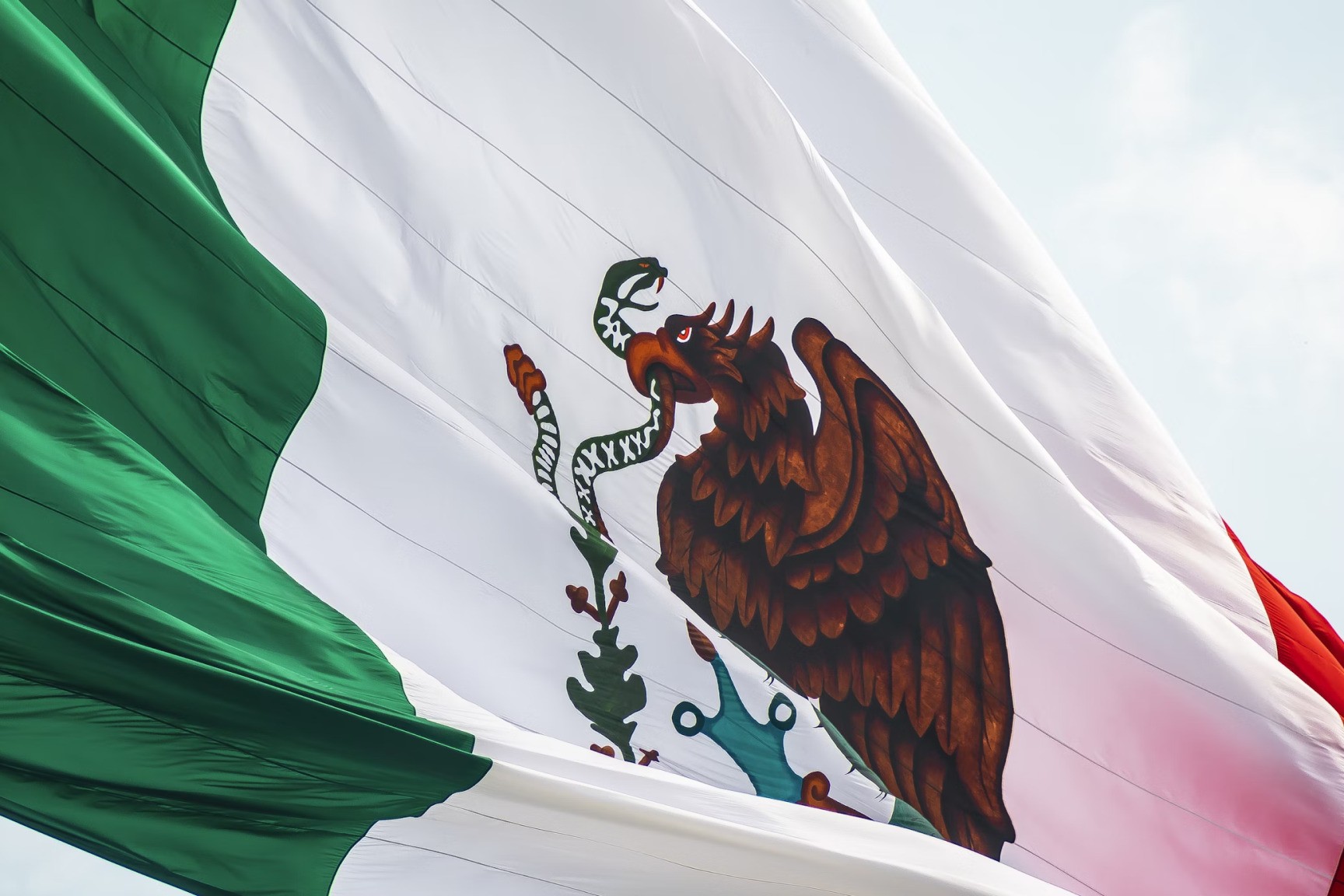
Embracing year-end tax planning can help unlock hidden capital
Canadian business owners face unique challenges as they balance their ambitions for growth with efforts to build their family legacy. With the economy as active as it’s ever been, EY Canada’s year-end tax tips for family business owners outlines how they can prepare and ask the right questions now to secure their legacy for generations to come.
“Whether business owners are charting an exit in 2022, or at the very early stages of succession planning, now’s the time to give some thought to end-of-year tax planning,” says Liam Bordeleau, EY Canada Associate Partner, Tax. “Private capital currently represents a greater share of the market than private equity and venture capital combined, and increasing globalization is fueling the growth of family enterprises everywhere. This unique environment represents a wealth of possibilities for family businesses or family offices looking to build out strategies for the next twelve months.”
EY suggests Canadian family business owners should consider these five questions to help identify the right tax planning opportunities heading into 2022:
- Are you approaching philanthropy strategically?
While managing philanthropic efforts and community engagement is an increasingly important function for any family business, personal and corporate donations can also generate tax savings. Depending on the situation, corporate donations, private foundations or a donor-advised fund with a public foundation may maximize results. - Do you understand how Bill C-208 could affect your succession plans?
Bill C-208 now contains amendments to provide exceptions to the application of the capital gains stripping and anti-surplus stripping rules. Those apply in the context of qualified small business corporation shares and shares of the capital stock of a family farm or fishing corporation, to facilitate their transfer to family members. Read more in the Tax Alert 2021 No.25, 12 July 2021. - Are you managing family wealth effectively across borders?
As transparency and reporting requirements evolve across different jurisdictions, planning ahead and understanding the options available are essential for any owner or beneficiary who makes their home abroad. Reviewing asset-holding structures and assessing how changing rules might impact family members living or working in other jurisdictions can mitigate risks and minimize reporting responsibilities. - Have you prepared for potential trust filing disclosures in Canada?
Trusts not required to file a T3 return will now have an annual filing requirement, including the disclosure of the identity of the settlors, trustees, beneficiaries, or others who control how a trust’s income or capital is allocated. Only limited exceptions will apply, so it’s wise to get ahead of the change, and put a plan in place now. - Have you gone the family office route yet?
A family office can be an effective way to manage and invest wealth. Doing so can help you become more strategic about long-term planning, while exploring opportunities like real estate transactions in different ways. Some family offices have chosen to team up with others to pursue this strategy together, offering attractive synergies in infrastructure, deal sourcing and idea sharing but can create governance issues with investment selection and ongoing management. Review our Family Office Guide to see if this is the right strategy for your family’s net worth.















